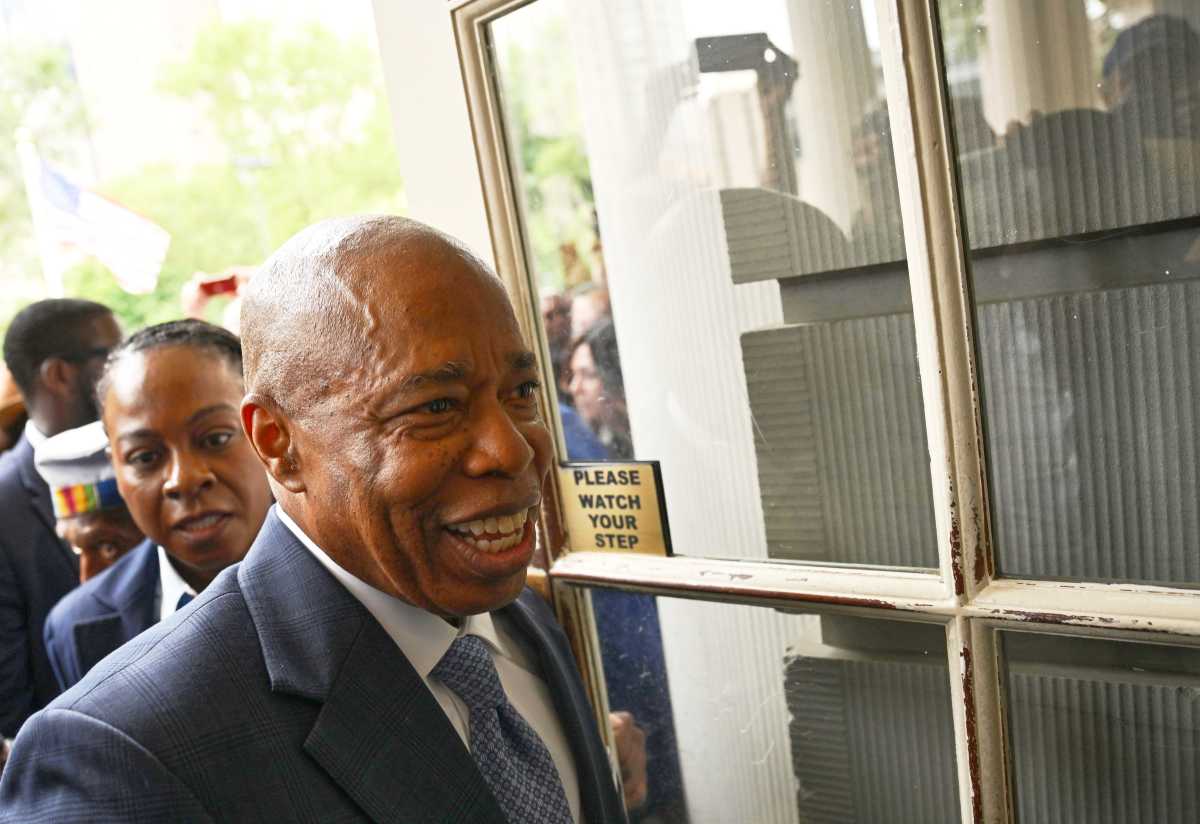John Servidio’s professional baseball career got off to an auspicious start. During the season’s first couple weeks, the 26th round draft pick hit his way to the Cyclones regular right field job, providing a spark for the offensively-challenged Cyclones with his line-drive stroke and extra-base pop.
But as the cliché goes, baseball is a humbling game, and soon enough, Servidio was duly humbled. When the inevitable slump came, it came hard.
Before his struggles, he was hitting in the .270 range, a figure that is better than it sounds in the pitcher-friendly New York-Penn League. A little more than two weeks later, his average had slipped into the .210 range.
Rock bottom came when he was demoted to “Rookie”-level Kingsport, Tenn., nearly the bottom rung of the organizational ladder. Not even a month into his professional career, Servidio had ridden the roller coaster from “pleasant surprise” to “halfway out of baseball.”
And although he was delivered from Kingsport back to Brooklyn after just five at bats, he still couldn’t shake the slump that led to his demotion.
Baseball players are trained to be relentlessly positive even when times are tough. Hitting 95 mile-per-hour fastballs and devastating breaking balls requires many physical and mental attributes, but elimination of self-doubt is a sine qua non. It’s impossible to hit a professional pitch if any mental energy is expended contemplating the difficulty of the task or the possibility of failure.
Servidio often talks about “keeping his confidence up” as if it’s a component of good hitting mechanics similar to keeping his bat-head level. His confidence, to a large degree, is within his control: the better he executes the task, the more successful he will be.
So throughout his ordeal, he tried his hardest to stay upbeat. “I have no doubt it’ll end sometime. It could happen today, it could happen tomorrow, it could happen a week from now. But I have no doubt it’ll turn around sometime,” he said at the time.
But the tone of his voice – weighed down under the strain of maintaining his confidence – belied his words. To the extent that he believed what he was saying, it was because he had to. In truth, neither he nor anyone else knew if it was ever going to end. His slumps had always ended in the past, but in the past, he was not playing professional baseball.
For most major league aspirants, it is “slumps,” when protracted over a long enough period of time, that land them out of baseball. To the ballplayer, the slump is an aberration, but to the organization that gives up on them, it is a reflection of their abilities. Thin is the line separating a slumping player from one who is simply not good enough.
Which explains the urgency to break out of it. If it’s the next week, it’s okay. If it’s the next month, it might not be. This urgency undermines the cool, calm, confident approach a hitter needs to be successful.
But a funny thing happened on the way to Servidio’s professional demise: he broke out of his slump, just as he promised.
First, he started hitting balls hard, but into tough-luck outs. Soon enough, those hard hit balls became hits. Now, his average is back up around .270.
The key, he discovered while studying video of himself, was keeping his weight back until the last possible moment, what he termed the “load phase” of his swing.
It is a common ailment among struggling hitters: Servidio became overanxious, causing him to start his body forward before he had properly cocked his weight back. Because of this, he was starting his swing early, which sapped his power and made it harder for him to recognize pitches.
He no longer has this problem. “The ball looks about 10 miles-per-hour slower,” he said.
Underscoring the delicate mental game that good players must master, he described the load phase as “a subconscious thing. You don’t really realize you’re doing it. But in a slump, you don’t really realize you’re not doing it.”
“Baseball,” he said, “is 99 percent mental. If you don’t think, you won’t be successful. But you have to not over-think or think about failure. Recently I’ve just shot all that thinking down and gotten back to being the way I am.”

























